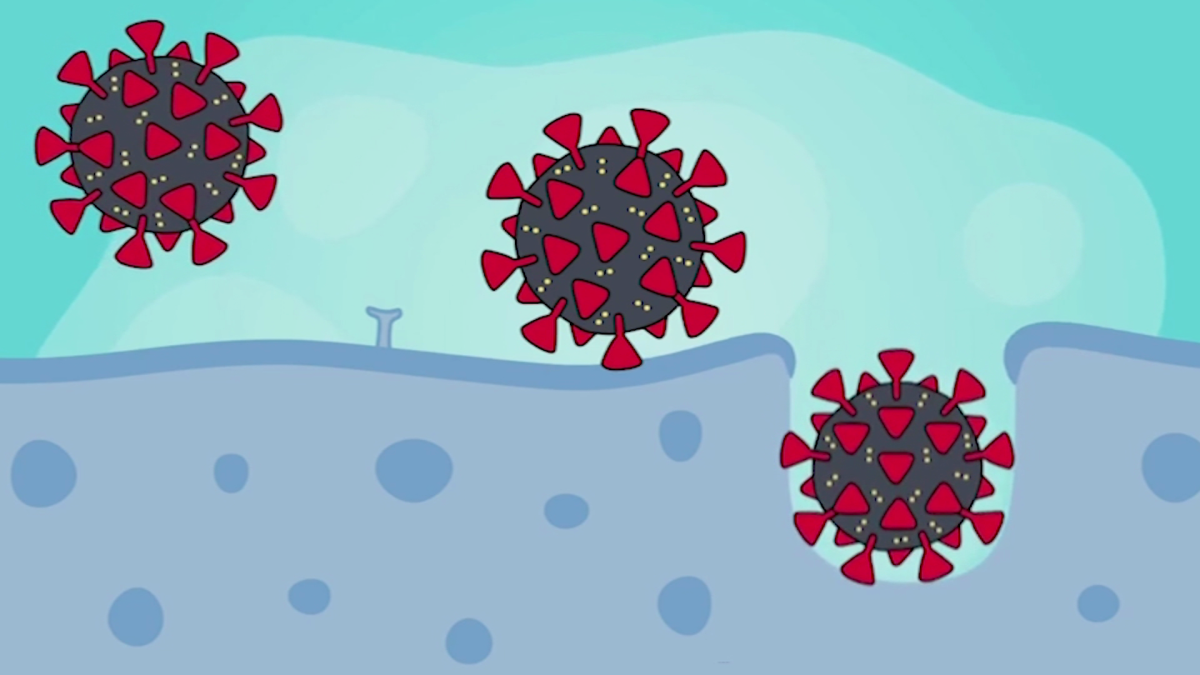THE ‘WORST VARIANT’ IS HERE
CNN - July 14, 2022

Nearly two-and-a-half years since the coronavirus pandemic began, the most infectious and transmissible variant yet has arrived.
Repeated Covid-19 waves have left millions of people dead, with only vaccines helping to blunt the toll. Now the virus is spreading again — evolving, escaping immunity and driving an uptick in cases and hospitalizations. The latest version of its shape-shifting, BA.5, is a clear sign that the pandemic is far from over.
The newest offshoot of Omicron, along with a closely related variant, BA.4, are fueling a global surge in cases — 30% over the past fortnight, according to the World Health Organization (WHO).
In Europe, the Omicron subvariants are powering a spike in cases of about 25%, though Dr. Michael Ryan, the executive director of WHO's Health Emergencies Program, has said that number may actually be higher, given the "almost collapse in testing." BA.5 is on the march in China, ratcheting anxieties that major cities there may soon re-enforce strict lockdown measures that were only recently lifted. And the same variant has become the dominant strain in the United States, where it accounted for 65% of new infections last week, according to the Centers for Disease Control and Prevention (CDC).
"We have been watching this virus evolve rapidly. We've been planning and preparing for this moment. And the message that I want to get across to the American people is this: BA.5 is something we're closely monitoring, and most importantly, we know how to manage it," said Dr. Ashish Jha, the White House's Covid-19 response coordinator, in a news briefing on Tuesday.

On the same day, WHO's Emergency Committee said Covid-19 remained a Public Health Emergency of International Concern — its highest level of alert, first declared on January 20, 2020 — amid rising cases, ongoing viral mutation and increasing pressure on already overstretched health systems. In a statement, the committee, which is made up of independent experts, highlighted challenges to the ongoing global Covid-19 response, including a drop-off in testing and spotty genome sequencing, raising the question of just how accurately any nation might reasonably be able to monitor BA.5.




